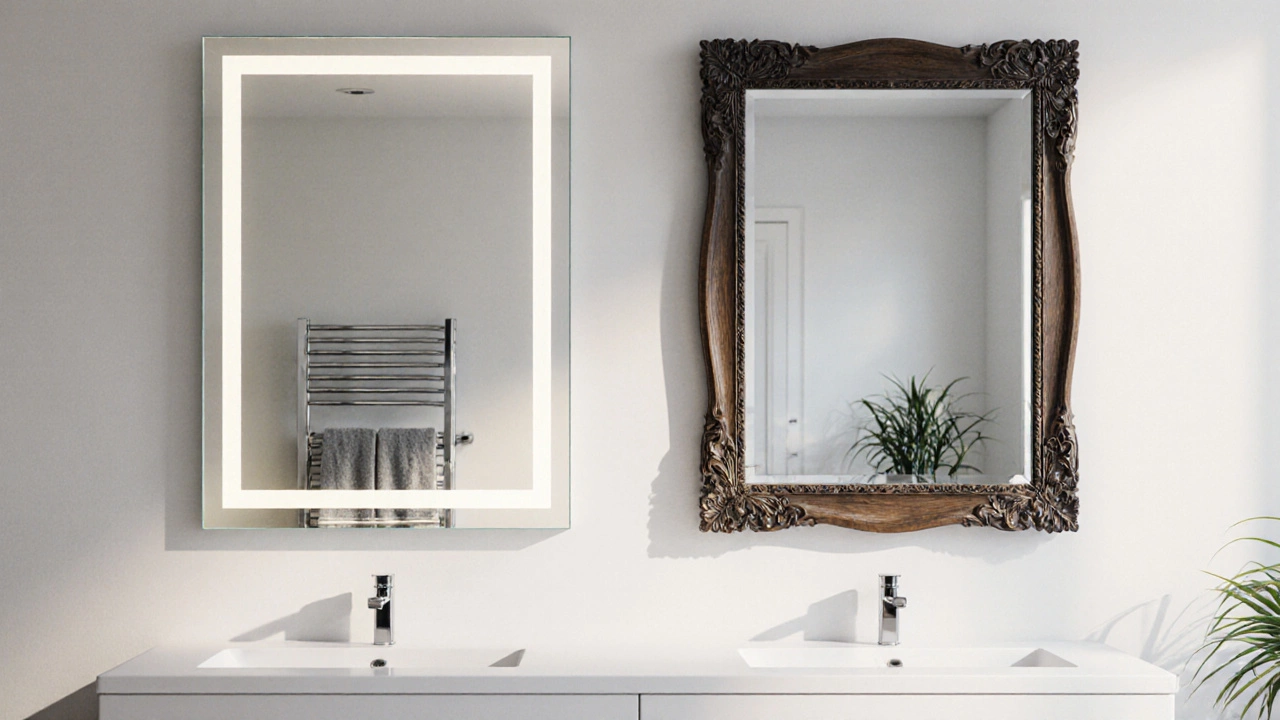Glass Thickness – What It Is and Why It Matters
When you hear Glass Thickness, the distance between the two faces of a glass sheet, usually measured in millimetres. Also known as glass gauge, it determines how strong, insulating or expensive a piece of glass will be. Safety Glass, a type of laminated or tempered glazing designed to resist breakage relies on a specific thickness to meet impact‑resistance standards, while Tempered Glass, heat‑treated glass that shatters into small pieces instead of sharp shards needs a minimum thickness to achieve its characteristic strength. In simple terms, glass thickness influences safety glass strength, dictates how much heat a window pane can block, and even drives the price you see on a mirror. Understanding these links helps you pick the right sheet for any job, be it a bathroom remodel or a commercial storefront.
Why Glass Thickness Drives Performance in Everyday Uses
A Window Pane, a flat piece of glass fitted into a frame to let light in while keeping weather out must balance light transmission with insulation. Thicker panes (6 mm‑10 mm) lower heat loss and improve sound dampening, but they add weight and cost. For a front‑facing living‑room window, 4 mm might be enough, while a south‑facing façade often benefits from 8 mm insulated glass. Mirrors aren’t just decorative; a Mirror, a reflective glass panel coated with a metallic backing with a 5 mm base glass will feel solid and last longer, whereas a 2 mm mirror is more prone to warping and chips. The rule of thumb: the more exposure to temperature swings or physical stress, the thicker the glass you should choose.
Shipping and handling also hinge on thickness. Couriers set weight limits that change once a sheet passes 5 mm, and packing guidelines ask you to add extra cushioning for thicker glass to avoid breakage. This means the right thickness not only affects safety and efficiency on site, but also the cost and logistics of getting the material to your door. Whether you’re ordering online, picking up from a local supplier, or arranging a bulk delivery, knowing the exact thickness lets you compare prices, plan packaging, and stay within carrier cut‑off times. Below you’ll find articles that dig into storage ratios, overnight delivery cut‑offs, and practical packing tips—all useful when you’re moving or storing fragile glass pieces.
Discover how glass thickness, silvering method, and coating affect mirror quality and price, and learn when to choose cheap vs. expensive mirrors.
Oct, 8 2025
